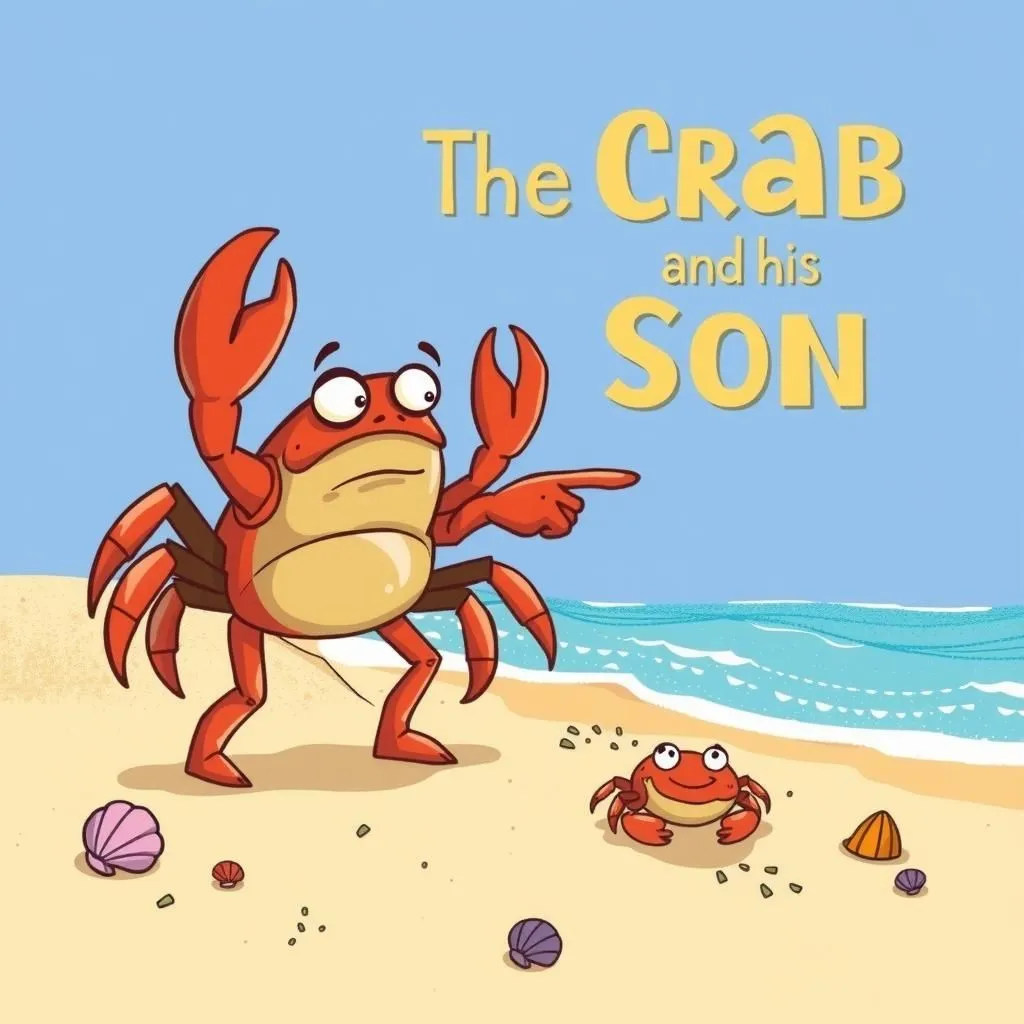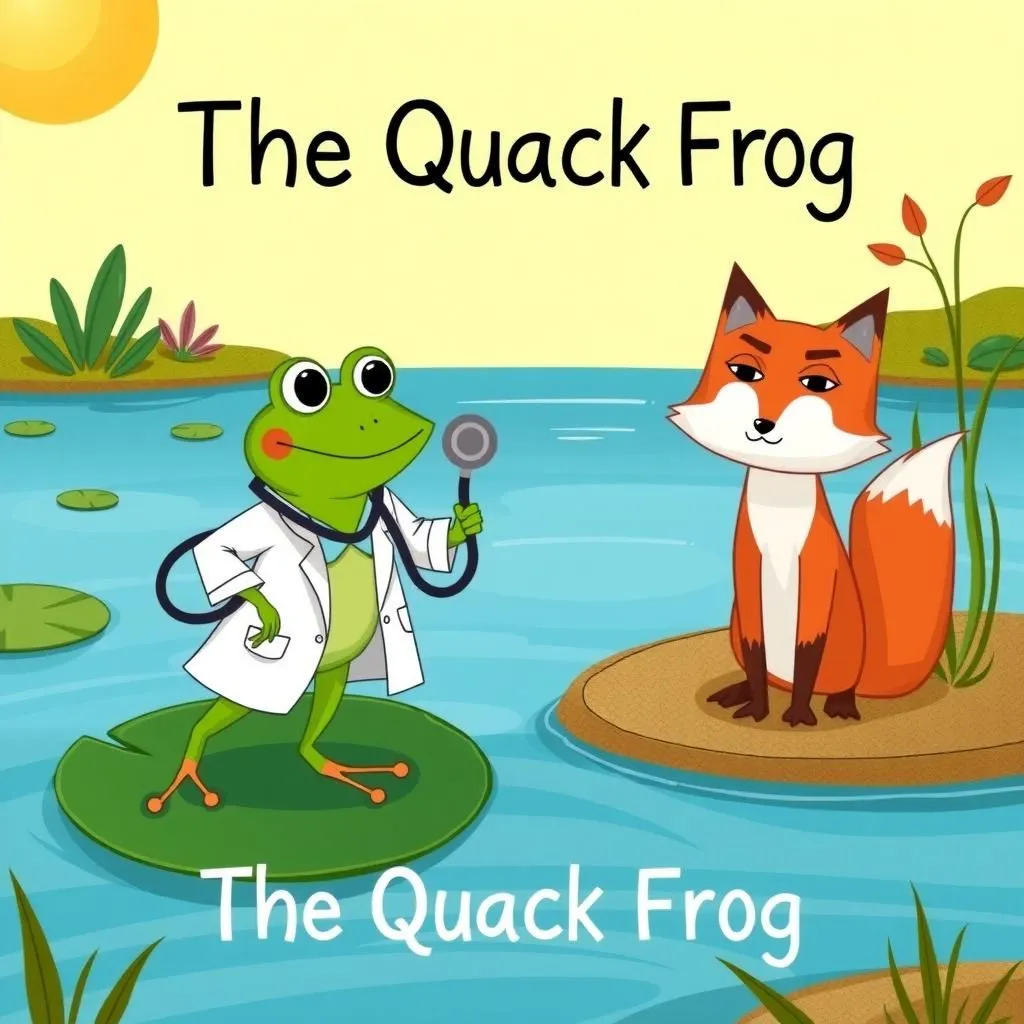
The Fawn and His Mother
In the folklore tale "The Fawn and His Mother," a young fawn questions why his larger and faster mother is afraid of hounds. She explains that despite her advantages, the mere sound of a dog terrifies her, highlighting the lesson that courage cannot be instilled in the inherently timid. This thought-provoking moral story serves as a quick read, reminding us that bravery is not solely determined by physical attributes.


